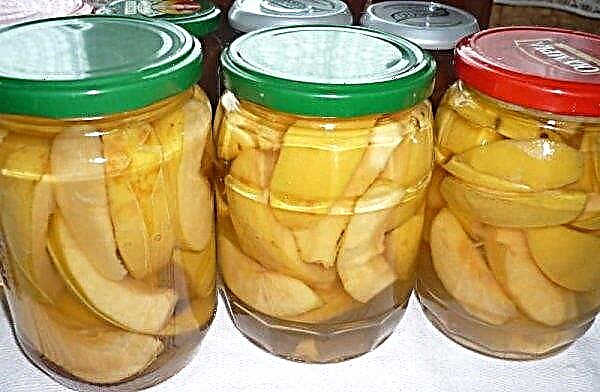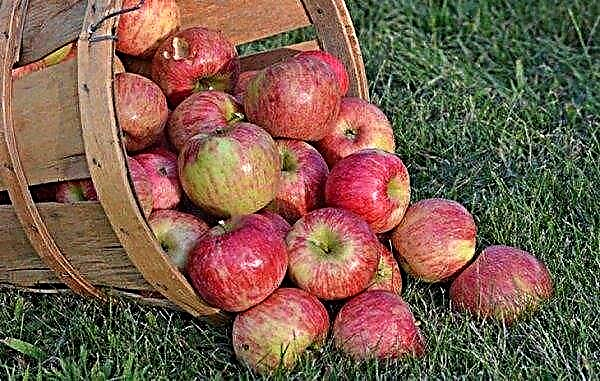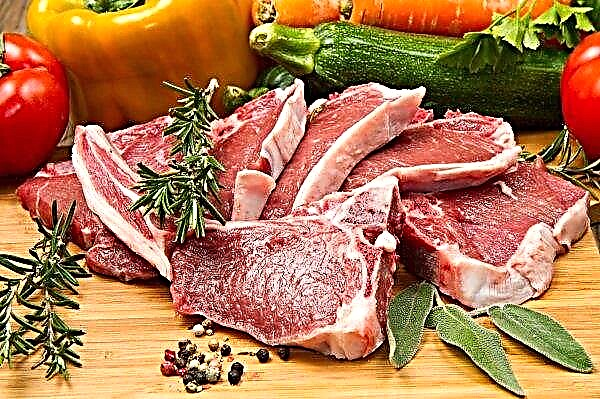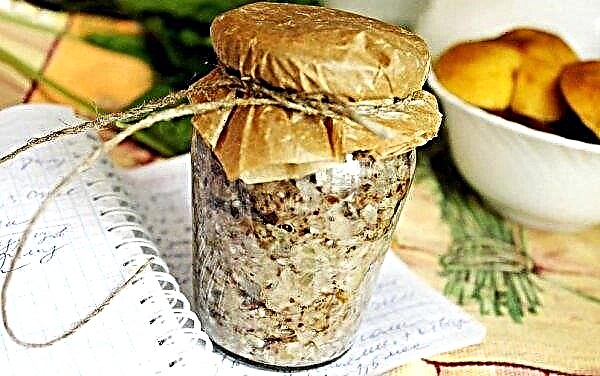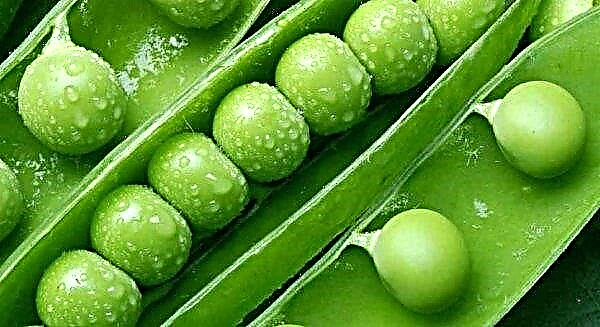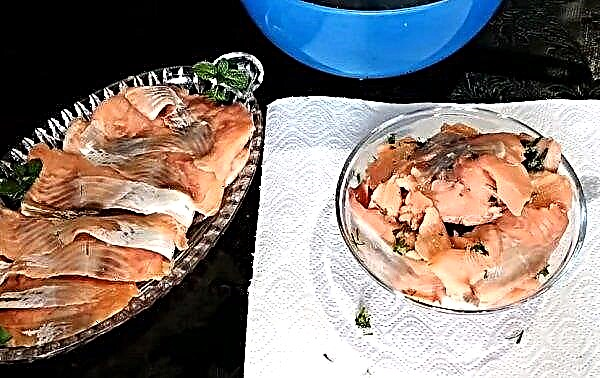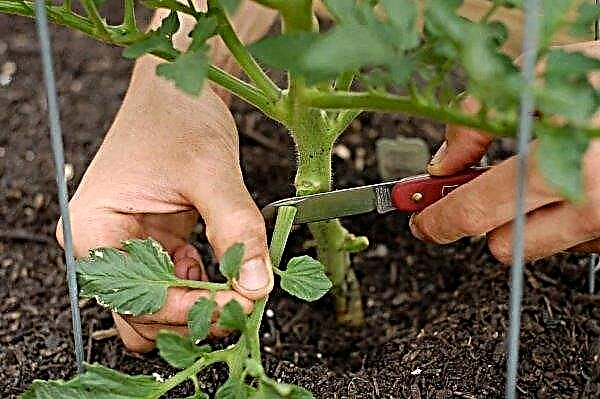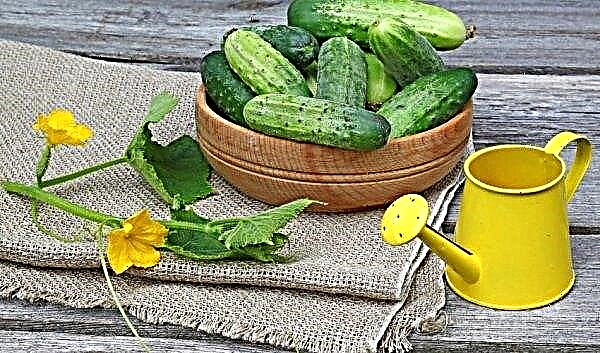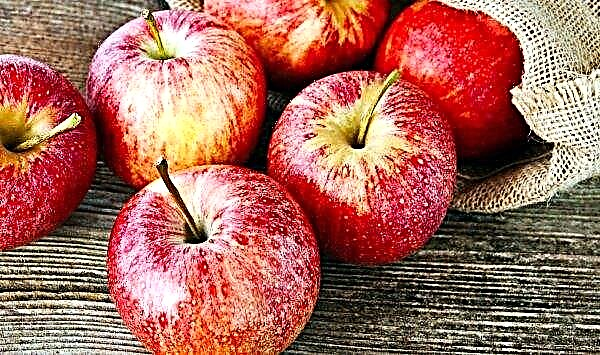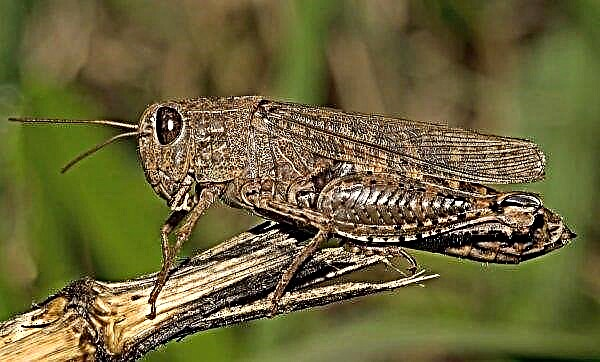Korean radish is an unusual snack, which will be a great addition to boiled potatoes and meat dishes. Read the secrets of quick cooking pickled radishes below.
Selection and preparation of radishes
For pickling, it is better to give preference to early hybrid varieties genetically devoid of bitterness. For snacks, dense, juicy fruits that have reached technical maturity are suitable.
Important! Do not take for pickling overripe fruits from plants that shoot arrows - they are no longer suitable for eating.
Products do not require special preparation. The main thing: to wash it well and cut off the ponytails.
How to Pickle Radishes for the Winter
4 cans per 0.5 liter 60–80 minutes
black and allspice
12 peas
dried or fresh hot peppers
4 pods
mustard and coriander seeds
20 g each
Nutritional value per 100 g:
- Wash all utensils used for cooking.
- Spice and garlic in equal quantities in containers.
- Cut pre-washed washed radish into 4 pieces. lay tightly and tightly in containers.
- Boil water.
- Fill the containers with boiling water to the very top and, covering with lids, leave for 10 minutes.
- After 10 minutes, drain the liquid back into the pan.
- Add salt and sugar to the resulting marinade, mix and boil.
- Pour the vinegar directly into the jars and add the marinade.
- Roll up the lids and send to cool in an inverted form under a warm blanket.
Video recipe
How to Pickle Radishes for the Winter Video Recipe: How to Pickle Radishes for the Winter
Important! The marinade in jars should be poured to the very edges and even flow out of the jars a little. This will completely eliminate the ingress of air into the containers and reduce the likelihood of bloating caps.
How and where to store
Rolled containers after complete cooling are turned over and sent for storage to the refrigerator door or to the basement. Shelf life at temperatures up to + 10 ° C and relative humidity of 60% is 12 months. After opening the cans, the products must be consumed in 48 hours.
Canned radish can act as an independent piquant snack, or served with various dishes. Such conservation is easy to prepare and does not require large financial expenses.Did you know? Radish is a natural antiseptic. Due to the mustard oils and ascorbic acid contained in its composition, regular use of this vegetable is a good prevention of lung and intestinal cancer.

